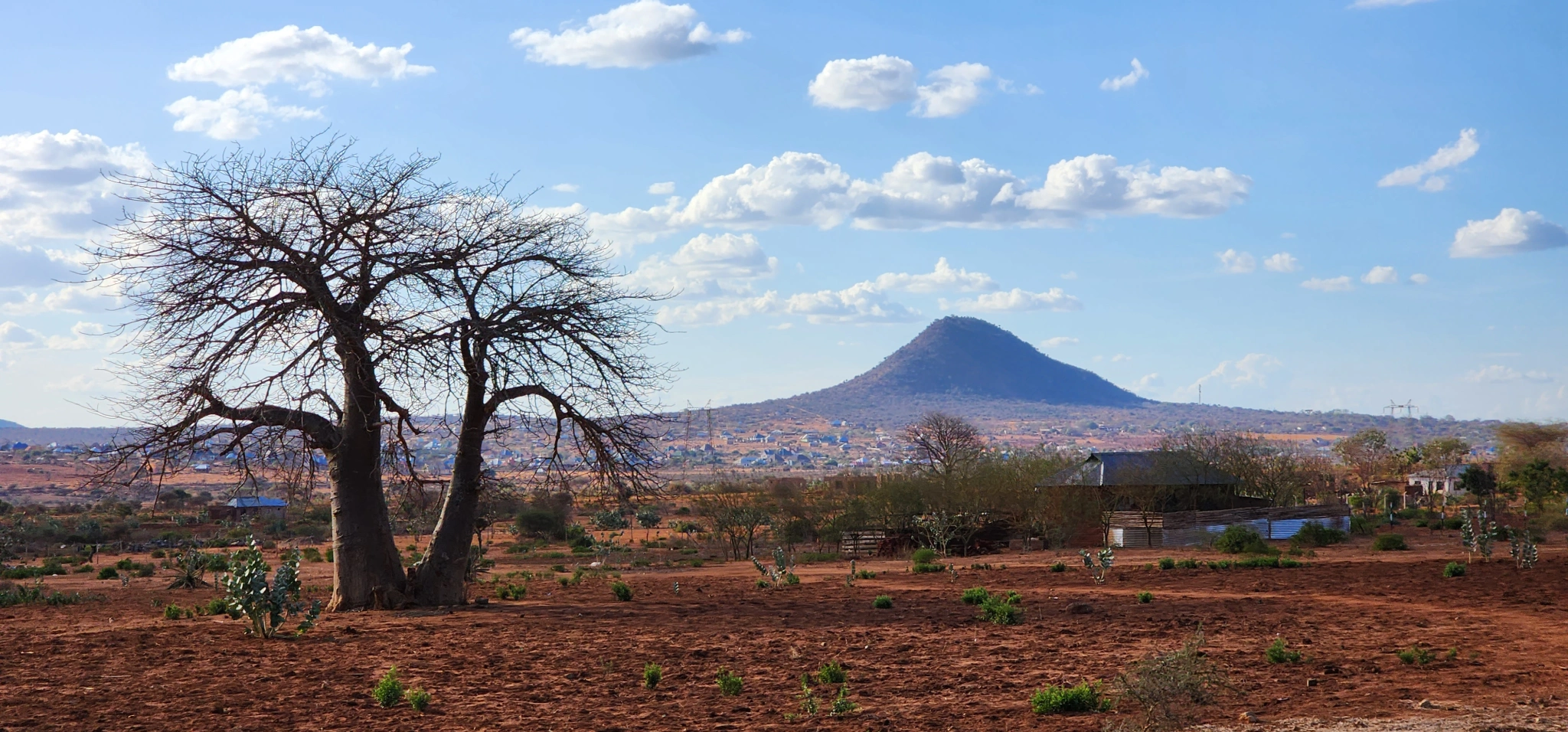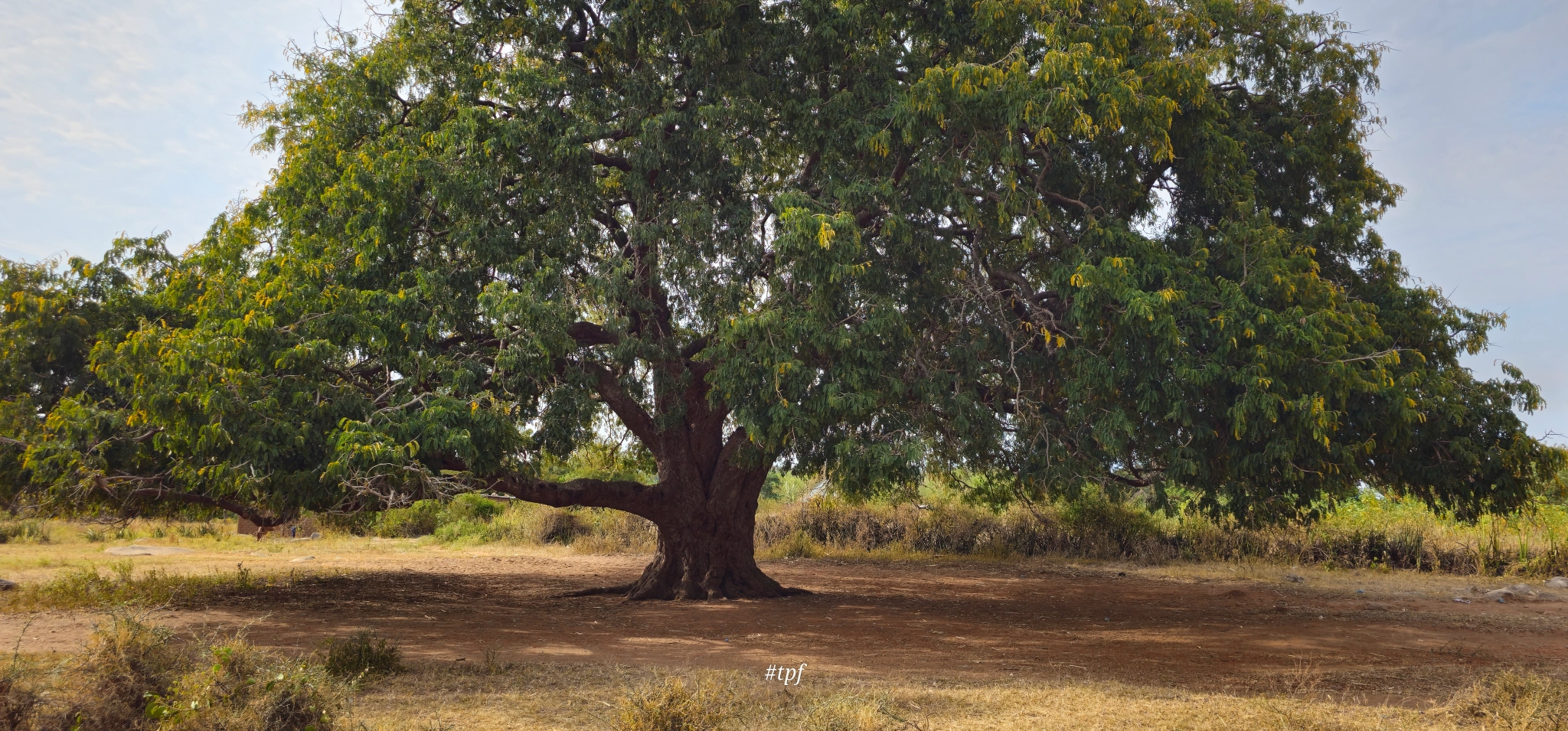
In the past decades, environmental discourse has gained prominence, yet its roots run deep into a history shaped by colonialism. In Tanzania, this legacy lingers, influencing contemporary environmental policies and practices. As we explore the evolution of environmental discourse, it is essential to understand how colonial practices laid the groundwork for the challenges we face today.
Environmental discourse is not new; it can be traced back to Biblical times when the call to “tend and keep” the earth was established. However, the modern political discourse surrounding environmental issues emerged in the mid-20th century, particularly with the advent of global capitalism. The 1950s marked the beginning of this shift, coinciding with the establishment of the Bretton Woods system, which intertwined economic growth with environmental concerns.
Colonial powers, particularly the British in Tanzania, prioritized resource extraction over sustainable practices. They appropriated vast tracts of land and exploited natural resources for their benefit, often disregarding local communities. This exploitation set a precedent for how environmental issues would be managed—or mismanaged—long after colonial powers departed.
The colonial era was characterized by a lack of consideration for local needs. Land was transformed into agricultural plantations and mines, while indigenous communities were forcibly displaced. The colonial mindset viewed natural resources as commodities to be exploited rather than assets to be conserved. In Tanzania, this led to a pattern of environmental degradation that persists today.
As Tanzania transitioned to independence, the remnants of colonial environmental policies remained entrenched. The post-colonial government, led by President Julius Nyerere, inherited these exploitative frameworks. Instead of fostering sustainable practices, the new administration continued to embrace the extraction-centric model established by colonial rulers. This shift reflected a broader trend across many former colonies in Africa, where the legacies of colonialism continued to shape governance and environmental management.
The Stockholm Conference in 1972 marked a significant turning point, as global environmental concerns began to gain traction. However, the discourse was often overshadowed by neoliberal agendas that prioritized economic growth over ecological integrity. In Tanzania, the influx of foreign direct investment, particularly in the mining sector, exacerbated environmental challenges. Local communities, primarily reliant on subsistence farming, found their livelihoods threatened by large-scale land acquisitions and resource exploitation.
The complexities of modern environmentalism require us to confront the realities of historical exploitation. The global environmental discourse often fails to address the root causes of ecological degradation, which are deeply intertwined with colonial histories. As we navigate contemporary environmental challenges, it is crucial to acknowledge these legacies and their ongoing impact on local communities.
Today, Tanzanians face a critical juncture. The fight for environmental justice necessitates a re-evaluation of policies that prioritize corporate interests over community needs. Local communities must be empowered to take an active role in environmental stewardship, recognizing their inherent rights to protect their ecosystems. The Tanzanian Environmental Management Act of 2004 affirms these rights, emphasizing the responsibility of citizens to safeguard their environment.
Yet, the tension between local stewardship and global interests remains palpable. As multinational corporations seek to exploit Tanzania’s rich natural resources, the voices of local communities often go unheard. The case of the Selous Game Reserve illustrates this struggle, where promises of economic benefits from uranium mining clashed with the preservation of a globally significant ecosystem. The World Heritage Site designation initially offered hope for conservation, but the allure of profit has since threatened its integrity.
To create a sustainable future, Tanzania must foster an inclusive environmental discourse that recognizes the rights and knowledge of local communities. This involves not only revising policies to ensure equitable resource management but also engaging in meaningful dialogue with those most affected by environmental decisions. By cantering local voices, Tanzania can pave the way for a more just and sustainable approach to environmental management.
As we move forward, it is imperative to challenge the neoliberal frameworks that continue to dominate environmental discourse. The need for a paradigm shift is evident, one that values ecological integrity alongside economic development. Only through a comprehensive understanding of the historical context can we hope to create policies that honour the interconnectedness of people and the environment. The colonial roots of environmental discourse in Tanzania present both challenges and opportunities. By acknowledging this history, we can work towards a more equitable and sustainable future. It is time to dismantle the remnants of colonial exploitation and empower local communities to reclaim their role as stewards of the environment. This is not just a moral imperative; it is a necessity for the survival of both the people and the ecosystems of Tanzania.



